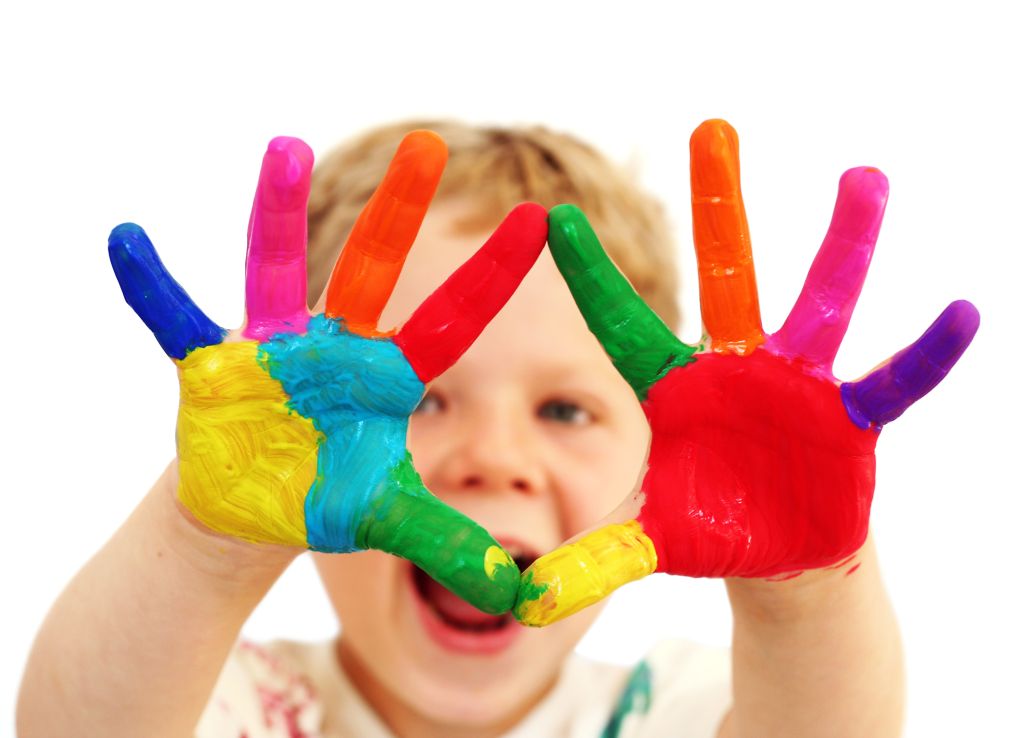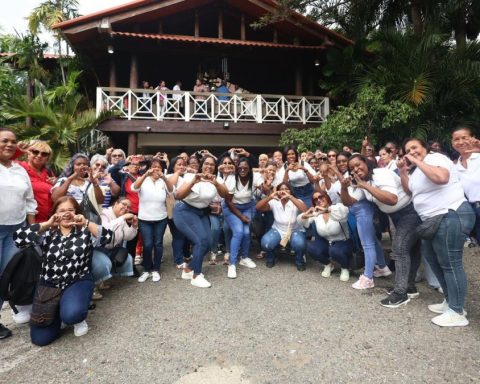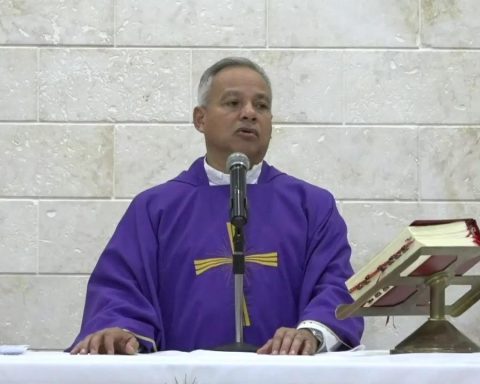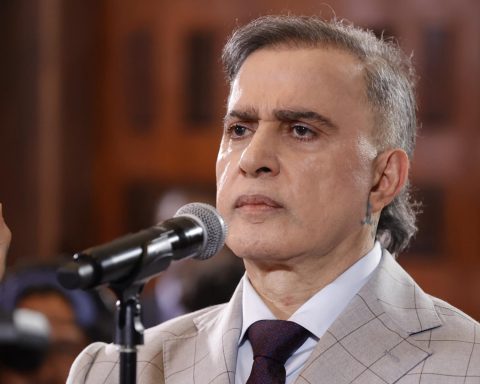There are difficult moments in the role of parents that you definitely do not want to be in a certain place or at a precise time. For many, and I have to include myself in that universe, with the diagnosis of autism in a child, changes are received that transform your life.
And I speak of radical changes; such as routines, the way of seeing things and the way in which the child is educated.
A number of emotions surface, and probably one of them and one that takes the longest to overcome is guilt. She blames for not having noticed it before, perhaps for not being able to understand the child about the way he sees things (this is in case the condition is diagnosed after 4/5 years of age).
In my case, having ignored signs that after the diagnosis seemed so clear and now collide with my nose. But as a mother she refused to understand me and sought justifications for all the behaviors that for others used to be “strange”.
And it is that a slight suspicion, an unwise comment from an acquaintance or a “feeling” is not the same as the confirmation of a specialist who probably within his professionalism will tell you bluntly. That news that falls on you like a bucket of cold water is not digested so easily.
In just a second I visualized every time I corrected my son things that within the Autistic Spectrum (ASD), They are normal. The times I wanted to land him in my reality, when his is totally different, I remembered him and felt my heart shrink.
As parents, we even unconsciously create a parenting model, it can even be established for generations in our family without taking into account that each child is different and we focus so much on applying it that we often ignore the needs of the child.
But how to overcome that guilt and face reality?
The first thing is to understand that autism is a condition, NOT A DISEASE, that the child can lead a completely normal life and that what he needs most is understanding.
Their way of perceiving the world is different, for them everything is literal and a life in order is of paramount importance. As parents, crying, despair, feeling lost and guilty is totally normal, however, it should not be definitive.
The faster we accept and adapt, the faster we can help our child. There is no formula to face an autism diagnosis as if nothing was happening, but there are definitely things that help a lot.
Today I want to share what has helped me (learned with psychological support and a lot of assertive reading), to face the diagnosis in my four-year-old son.
1 – Allow yourself to be sad. Cry, let off steam, express your fears and do not stop the emotions that arise in those moments, after all, they are new challenges that are going to be faced. In the end, when you have downloaded everything, you will be able to better support your child.
2 – Keep calm. Yes, I know it sounds easy but it is not, however, it is that calm that will allow us to make the right decisions and be more receptive to what must be learned about ASD (yes, we must learn a lot!).
3 – Accept reality. This includes accepting the child, and although we are their parents we do and love it, above all, it is no less true that our perception of how fragile they are changes, and it is a mistake! My son showed me that he is even stronger after the diagnosis process and the changes it brought to our lives.
4 –Learn to put ourselves in the place of the infant. We can no longer educate from our perspective as parents, from what we understand to be correct or not (although education in values must be maintained), the teaching method must change because their way of assimilating things is different.
5 – Do not let anyone judge your way of parenting. It’s difficult, because people usually just want to help, but often from their ignorance. There will be moments of impotence because you don’t want to explain to everyone what your son is going through, but neither do you want his condition not to be taken into account when necessary.
6 – Learn all you can about it autism (TORCH). Unfortunately in our country there are not many places where this is taught, but places online and your child’s psychologist can be of great help.
7 – Dress in patience, not only for your child, but also to deal with the social environment. Inclusion has remained in more words than action, and we will have to deal with it.
8 – The most important thing: be willing to learn from your child. They always have something to teach, and although it is a somewhat cumbersome path, it is beautiful, because every little achievement is cause for celebration.
Finally, a diagnosis autism leads us to many changes, facing it with the necessary knowledge at hand is of the utmost importance. I have barely started this path and I know that I still have a lot to learn.















